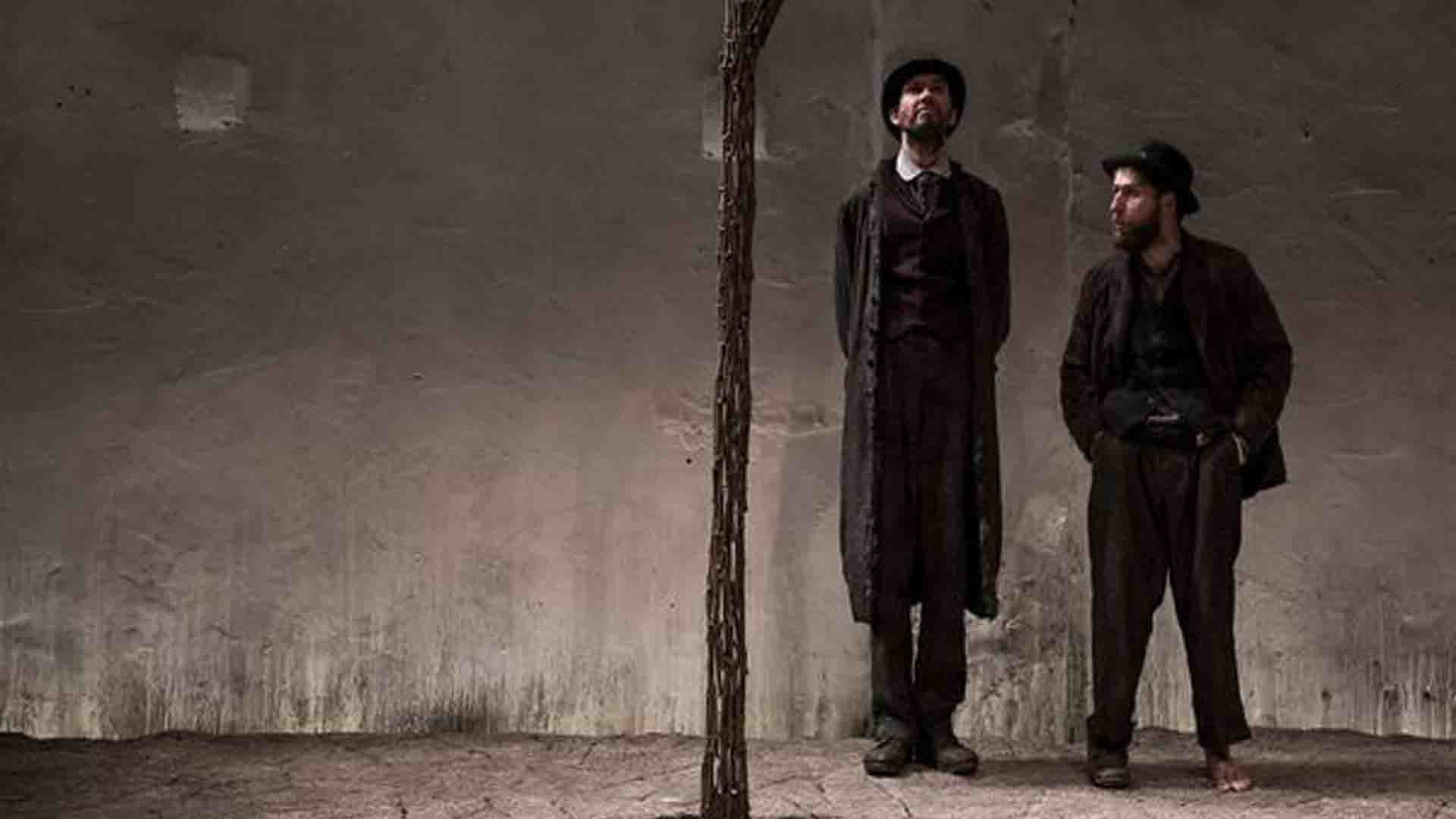246 total views
Homily for Friday of the Tenth Week in Ordinary Time, 10 June 2022, Mt 5:27-33
Our readings today are about what it takes to do a prophet’s job—namely to be alert and attentive. If your duty is to serve as God’s messenger, how can you do your job if you are unable to pick up God’s message? And how can you pick up God’s message if you are not attentive?
Elijah had been told by an angel to climb the mountain of the Lord and wait for God there. If he had his way, he would rather just go to sleep and not wake up anymore. He was not in any mood even to eat and drink nor carry on with his journey. He reminds me very much of the later prophet Jeremiah who also reached that point in his life when he got burned out because of the stressful things that he had been through in his job as a prophet and wanted to file his resignation. But the angel kept pestering him to wake up, to eat and drink, to carry on with his journey to Mount Horeb and wait for God there.
I remember watching what I thought was the most absurd play I had ever seen performed on stage. It was a play written by Samuel Beckett, entitled WAITING FOR GODOT. There is nothing on the set but a leafless tree and two men named Vladimir and Estragon who are talking to each other, and who are waiting for a person named “Godot”. They are not even sure if they have ever met Godot before nor if he would arrive at all. They meet three other characters while waiting—a master named Pozzo and his slave named Lucky. The third character is a boy, who tells them at first that Godot was coming but his arrival would be delayed. Later in the second act, he returns to tell them that Godot was not coming after all!
I wonder if Samuel Beckett got his inspiration from today’s first reading about Elijah and decided to change the plot by tailoring it to his philosophy of the absurd. He seems to be suggesting that there is no point in waiting because no one was coming, after all.
Elijah’s situation is actually the opposite. He is emerging from a state of meaninglessness to a renewed prophetic zeal by obeying the angel’s command. While waiting for God, he experiences three dramatic events—a strong wind, an earthquake, and a fire. But the Lord was not in any of them. How did he know? It could only mean he was already familiar with God’s ways from his previous experiences as a prophet. It was only when he heard a “tiny whispering sound” that he became sure that the God he was waiting for was there already. It was then that he got the message.
It takes a lot of alertness to pick up God’s message. Jesus is trying to point out basically the same thing in the Gospel. Sometimes you are looking for God in your life and you fail to find him because you’re looking at the wrong things. Instead of leading you to grace, your eyes can lead you to sin, he says.
This is a good reminder in this day and age when people have less time to be still, to keep quiet, to go into solitude and pray. Often, even in solitude you can get easily distracted by your cellphone. Not even the search engine of Google can make you find God, if your eyes are misled by your heart and mind.
Cutting off or distancing from those the things that lead us astray is the biggest challenge for all of us in this modern age of digital technology. We cannot pick up God’s messages if we fail to focus and discipline our minds, our hearts, our senses.


















